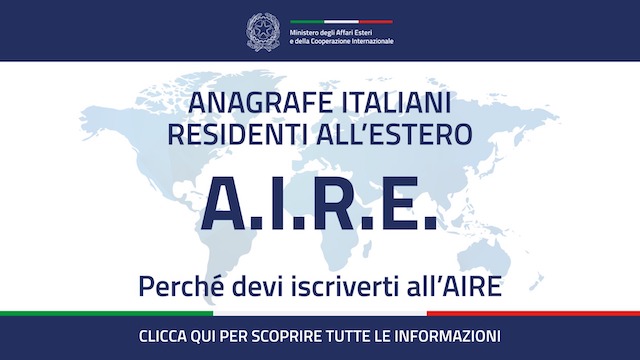For many Italian Americans, the dream of returning to their ancestral homeland lingers. But tax concerns can often be a major deterrent. Those concerns might be overcome by the extension of the so-called New Inpatriate Tax Regime.
Although there are some aspects that are less favorable than the previous special tax regime, the new regime applicable as of January 1, 2024, still has some interesting perks to offer.
The new program is designed to attract highly skilled professionals back to Italy by offering significant tax breaks and making relocating and working in Italy a more financially attractive proposition than ever before. Here’s a closer look at the key points:
Reduced Tax Burden: The cornerstone of the expat tax regime is a significant reduction in personal income tax. Qualifying individuals will enjoy a 50% reduction in their taxable income base, capped at a maximum of €600,000. In simpler terms, you’ll pay considerably less tax on your Italian salary.
Not everyone can take advantage of this program. To be eligible, you must be a highly skilled professional with expertise falling under the categories outlined in Legislative Decrees 108/2012 and 206/2007. Additionally, you must have lived outside of Italy for at least three years prior to your move, with a 2021 residency start date being the minimum for those relocating in 2024.
Commitment to Italy: The program is designed to attract long-term residents, so a commitment to Italy is essential. You’ll need to demonstrate a plan to reside in the country for a minimum of five years.
New Employment: This program is not intended to incentivize internal transfers within the same company. To qualify, you must take on a new work assignment in Italy with a different employer than the one you had overseas, or within a different company of the same corporate group. Additionally, the majority of your work duties must be performed within Italy.
Extending Your Benefits: The initial five-year tax break can be extended for an additional five years under certain circumstances. Having dependent children or purchasing property in Italy can make you eligible for this extended benefit.
Taking the Next Step: To qualify for this program, you must be registered with AIRE (Registry of Italians Resident Abroad). Alternatively, residency in a country with a double taxation treaty with Italy can also fulfill this requirement.
Most of the time, it may not be necessary to apply for a ruling with the Italian tax authority to benefit from this tax regime, although if your case isn’t straightforward, it may be advisable to do so to have absolute certainty regarding its applicability.
If you are a U.S. citizen (or also a U.S. citizen), you will continue to be subject to taxation in the U.S. for all of your income worldwide. Meanwhile, Italy will be taking your income made in Italy, but at a much lower rate. It’s important to consider the impact of this fiscal reality before making your move. The international treaty between Italy and the US against double taxation can mitigate that, with each case being analyzed based on many factors such as type of income, etc.
For the sake of clarity, it is important to remember that this special tax regime applies exclusively to the income “sourced in Italy” and not to the “foreign income.” As such, this condition may make this special tax regime less attractive in those cases where the person does not expect to have a significant income generated in Italy, once transferred with their residency here.
If you meet the requirements above, the new expat tax regime may represent a fantastic opportunity for Italian Americans to reconnect with their roots or just to begin a new life. So, if you’ve ever dreamed of returning or moving to Italy, now might be the perfect time to make that dream a reality!
Send your questions regarding Italian law to cbortolani@aliantlaw.com and I’ll be glad to answer them.
The content provided in this Q&A column is intended solely for general informational purposes and does not constitute legal advice. The information presented here is not tailored to any specific situation or transaction and should not be relied upon as a substitute for professional legal counsel. Legal issues can vary widely based on individual circumstances and jurisdictional nuances. Therefore, it is crucial to consult with a qualified legal professional regarding your specific case or concerns. Please be aware that no attorney-client relationship is established by accessing or interacting with the information provided in this column. The column’s author and publisher disclaim any liability for actions taken based on the information contained herein.
 Fra Noi Embrace Your Inner Italian
Fra Noi Embrace Your Inner Italian






